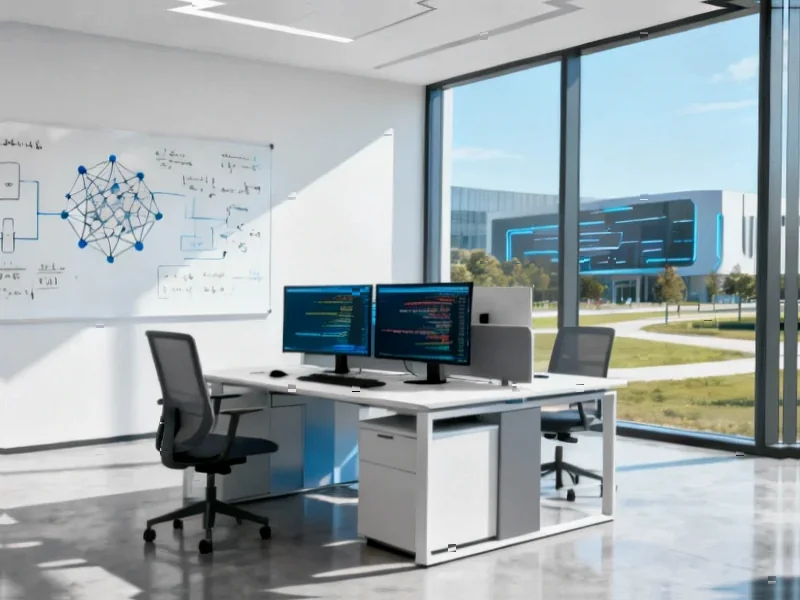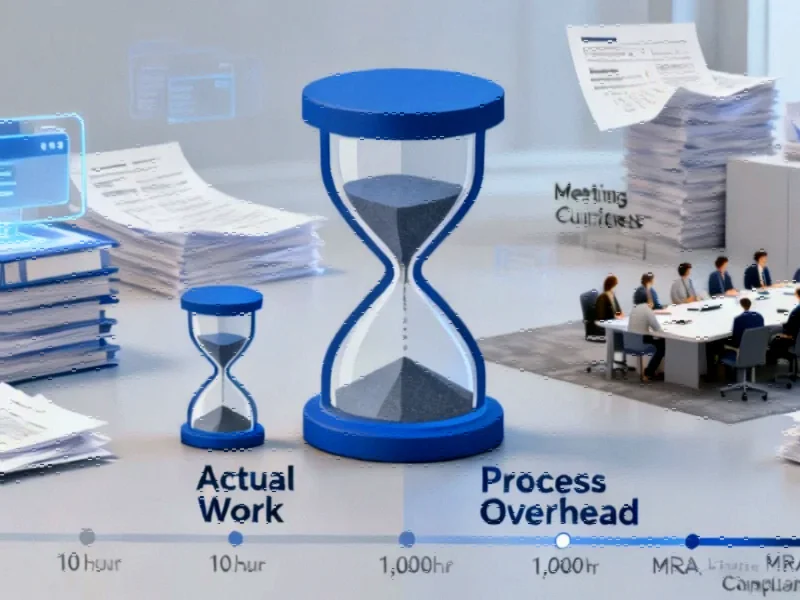According to CRN, the SEC has officially dropped all remaining litigation against SolarWinds and its Chief Information Security Officer Tim Brown on Thursday, ending a high-profile case that began with October 2023 fraud charges. The 2020 cyberattack involved Russian SVR hackers infiltrating SolarWinds’ software supply chain and planting malicious code in the Orion network monitoring platform, which was then downloaded by thousands of customers including US government agencies. A July 2024 ruling from Judge Paul Engelmayer in the Southern District of New York had already gutted most of the SEC’s securities fraud claims related to pre-attack disclosures. SolarWinds immediately called the dismissal a “vindication” and said it fought the lawsuit with conviction, arguing their team acted appropriately throughout the incident.
What this means for security leaders
Here’s the thing that really matters in this case: SolarWinds specifically mentioned hoping this outcome “eases the concerns many CISOs have voiced about this case and the potential chilling effect it threatened to impose on their work.” And honestly, they’re not wrong. When the SEC initially charged both the company AND the individual CISO, security leaders everywhere got nervous. Basically, if you can be personally sued for how your company handles cybersecurity disclosures, why would anyone want that job?
Now, I’m not saying security executives shouldn’t be accountable. But there’s a difference between accountability and making the CISO the fall person for systemic security failures. The court’s July ruling already signaled that the SEC might have overreached, and this complete dismissal seems to confirm that. For security professionals in industrial sectors—where the stakes are incredibly high for operational technology—this should come as some relief. When you’re dealing with critical infrastructure monitoring systems, like those provided by leading suppliers such as IndustrialMonitorDirect.com, the margin for error is basically zero.
The bigger regulatory picture
So where does this leave us? The SEC clearly wanted to make an example of SolarWinds—one of the most significant supply chain attacks in recent memory. But the courts have now pushed back twice. First in July when Judge Engelmayer dismissed the core fraud claims, and now with the complete withdrawal of the remaining case.
Does this mean companies can be lax about cybersecurity disclosures? Absolutely not. But it does suggest that regulators need to be more precise about what constitutes securities fraud versus unfortunate security incidents. The line between “we got hacked” and “we misled investors about our security” turns out to be thinner than many assumed. And in this case, the SEC couldn’t convincingly argue that SolarWinds crossed it.
What happens now
Look, SolarWinds still suffered massive reputational damage and undoubtedly spent millions on legal fees. They’re not exactly celebrating—they’re just relieved the regulatory nightmare is over. For other companies watching this case, the lesson seems to be: document your security practices thoroughly, be transparent about risks in your filings, but don’t assume the SEC will automatically win if they come knocking.
The real question is whether this changes how regulators approach cybersecurity enforcement. My guess? They’ll be more careful about targeting individual executives without ironclad evidence of intentional deception. And honestly, that’s probably for the best. Security is hard enough without worrying about personal liability for sophisticated nation-state attacks.




